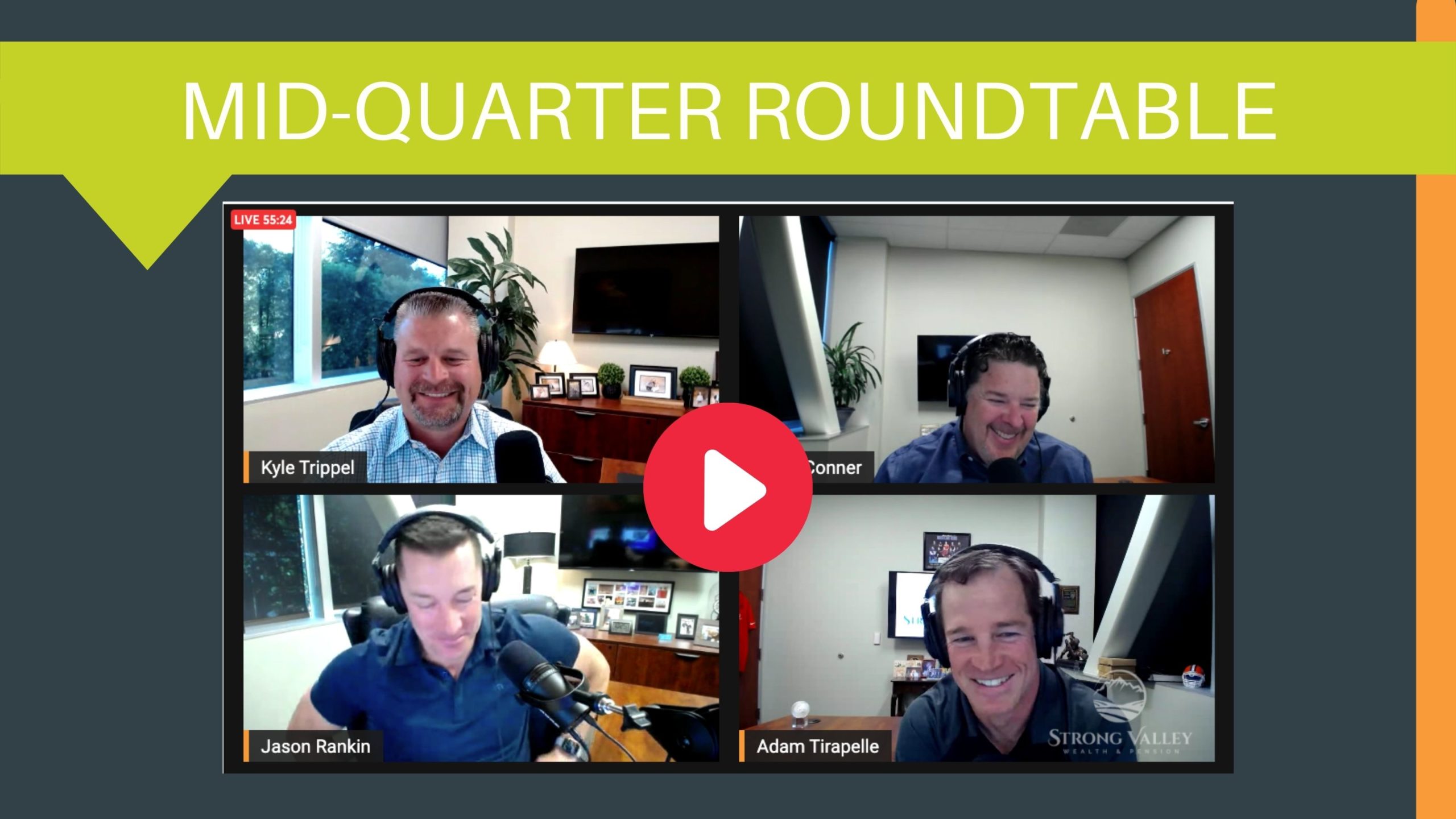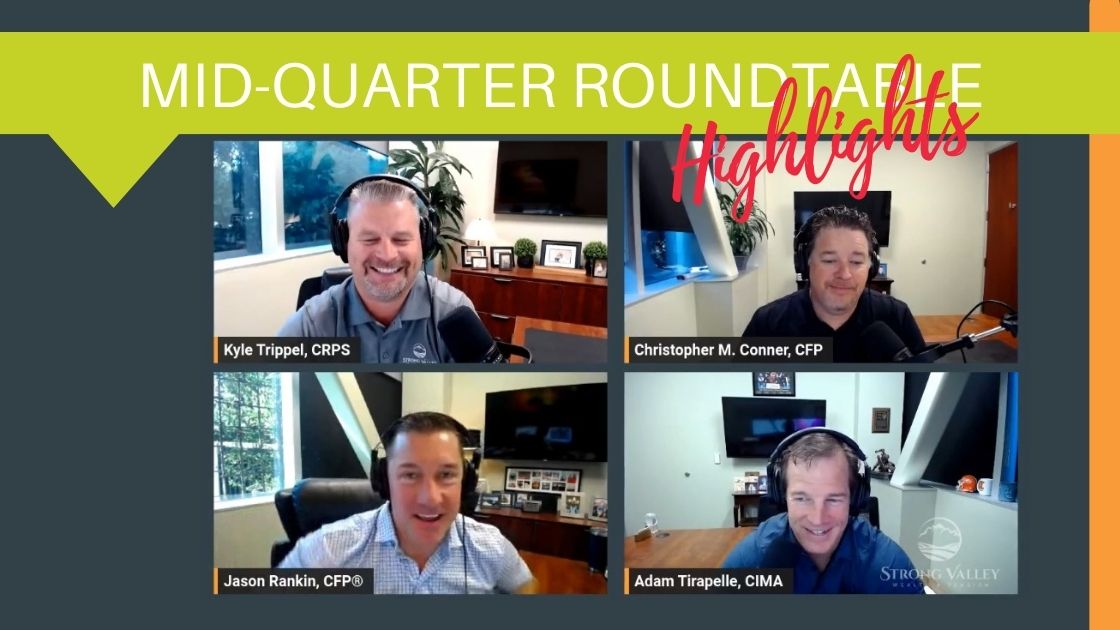You are now leaving the Strong Valley Wealth & Pension, LLC ("Strong Valley") website. By clicking on the "Schwab Alliance Access" link below you will be entering the Charles Schwab & Co., Inc. (“Schwab”) Website. Schwab is a registered broker-dealer, and is not affiliated with Strong Valley or any advisor(s) whose name(s) appears on this Website. Strong Valley is/are independently owned and operated. Schwab neither endorses nor recommends Strong Valley. Regardless of any referral or recommendation, Schwab does not endorse or recommend the investment strategy of any advisor. Schwab has agreements with Strong Valley under which Schwab provides Strong Valley with services related to your account. Schwab does not review the Strong Valley website(s), and makes no representation regarding the content of the Website(s). The information contained in the Strong Valley website should not be considered to be either a recommendation by Schwab or a solicitation of any offer to purchase or sell any securities.

Fear-of-Missing-Out is a very real emotion – but it can derail your portfolio. It’s a phenomenon that affects many aspects of our daily lives and it’s far more prevalent than you think. This article outlines some pitfalls of combining FOMO and your investments. It also suggests a strategy for your best chance to achieve long-term investment success.

Every day we’re bombarded with reports of what’s hot and what’s not – fueling a fear-of-missing-out (FOMO) on some great investment opportunity. Heck, there is even a new exchange traded fund with FOMO in its name. But a diversified portfolio is still the best way for you to maximize returns while minimizing risk.
The anxiety that we feel when we believe something better is happening elsewhere isn’t unique to investing. Fear of missing out is a phenomenon that affects many aspects of our daily lives, and it’s far more prevalent than you may think.
Indeed, FOMO was added to the Oxford English Online Dictionary in 2013, along with such other contemporary expressions as selfie and twerk. The emergence of social media has only compounded the FOMO effect.
How FOMO affects the way you think about your investments is more worrisome. This summer, as we started gathering at neighborhood barbecues again, you are likely to have heard some neighbor bragging how his portfolio outperformed the S&P 500 Index so far in 2021. Almost immediately, you might be dissatisfied with your portfolio and wonder why it wasn’t achieving the same results.
You might get just as upset with your diversified strategy when every media outlet is constantly reminding you about the stellar performance of some particular stock or sector. There’s a huge temptation to change course and invest in the latest hot streak. Fueling the urge is so-called "recency" bias, a belief that recent financial trends will continue.
But changing your portfolio to take advantage of a run that has already taken place is foolish. Think about it: You would be selling assets that may be undervalued relative to the market in order to buy assets that have scored huge gains and are likely more expensive.
Moreover, history is littered with examples of hot trends gone cold. In the late 1990s, many investors wanted to abandon their diversified portfolios and buy booming technology stocks. In the mid-2000s, it seemed everyone wanted to borrow money to flip real estate. A few years later, investors were worried about a double-dip recession and wondered if they should sell their stocks and buy gold instead. Now, cryptocurrency is all the rage.
In each case, FOMO caused investors to be more afraid of missing a bull market than suffering large losses. In hindsight, changing your long-term investment strategy would have been a drastic mistake.
When everyone from those in the media to your own acquaintances tells you to place heavy bets on one or more investment categories that have recently done well, don’t be fooled by FOMO. You could lose big. That’s why a diversified portfolio strategy is still the best chance to achieve long-term investment success.
How does a wise investor avoid falling prey to FOMO? That’s easy, just remember the adage: “If it sounds too good to be true, then it probably is.”
To avoid losing large amounts of money due to your FOMO, the best move is to diversify your holdings. Diversifying your assets among various types of investments and asset classes allows you to get a better risk-adjusted return. You spread the risks around. Over the long term, you will reap the benefits of many investment sectors, rather than suffer massive losses when a bubble bursts.
Your financial advisor is an expert on diversifying your investments by helping you invest wisely in various asset classes and help you combat your FOMO.



